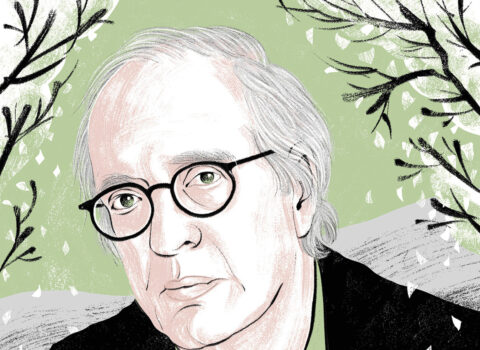A book I read this past weekend, not John Haskell’s American Purgatorio about which I wrote in my previous post, but one that comes out in the fall, was a raging disappointment. The writer’s work to date, though uneven, is distinguished. I greet the prospect of new work from this writer as an occasion: perhaps this latest effort will banish my doubts and fulfill my hopes. Perhaps the writer will avoid bad tendencies past and embrace best qualities and pull off a fully successful work of art.
The new book, through its first half, seems to be doing just that. Smart, restrained writing and, with the unfolding of each successive sequence, a deepening of intrigue. Soon, the novel becomes an intrigue-generating machine, marching us steadily uphill towards the elusive narrative summit at which, though we cannot see it, we sense that all will be revealed. Alas, we reach the summit, and discover that the breathtaking view we have been awaiting is, instead, a punch in the nose from an insignificant fist. What storytelling withholding had promised is delivered and we want to refuse receipt: all that, for this?
All workers in prose narrative withhold what they know is coming. Even those prose writers who profess to write because they do not know what is coming are no less complicit in the practice. Javier Marìas, for example, has claimed that he sets out to write a novel with a compass but no map, a way of saying that, for him, finding out what happens next is a pleasure that the writer in him refuses to give over completely to the reader. He wants that pleasure too, while writing.
As such, expectation for what is going to happen next is built deeply if differently into his storytelling. The attenuation of his plots, the luxuriant idling over and around and above and within moments that other novelists would elide entirely, may be appreciated, in part, as an inevitable product of his process: much rapt circling before the dive.
Building expectation through narrative withholding is an art, but delivering something that is the equal of such protracted absence is another art, and a more important one. “More important” in the sense that if we get to the end and feel that what has been intimated by the beginning is not, in the end, a treat but a trick, all the effort the storyteller expended in keeping things from us is wasted. Tricks are fine, and treats are nice, but truths trump both, and are the only thing, in fiction, worth waiting for.





